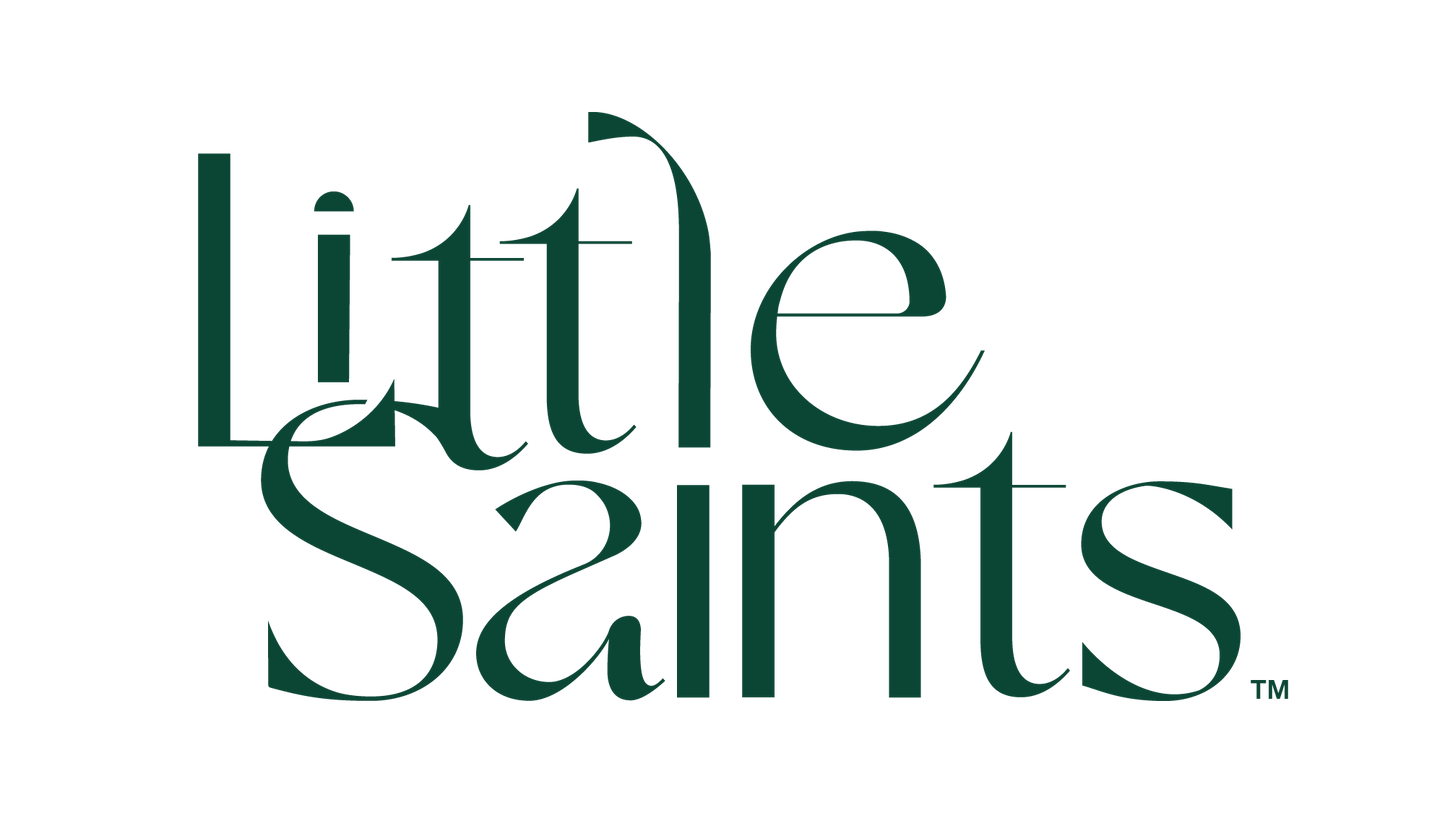 Dr. Josh Kaplan, Neuroscientist
Dr. Josh Kaplan, Neuroscientist
You’ve likely noticed that alcohol is present at every social event. Have you ever considered why?
Humans are highly social animals who rely on one another for food, safety, and companionship. We have distinct brain circuits that motivate us to engage socially, but we are often kept from doing so by overwhelming concern over the consequences of our actions. The reason that alcohol has been woven into social events and celebrations is that it helps many people engage more freely and comfortably with one another by silencing the inner critic concerned about the potential negative outcomes of interacting with others.
The scientific explanation of why humans historically have used alcohol as a social lubricant is that it disrupts normal processing by the brain’s prefrontal cortex. Alcohol temporarily causes the brain to switch to the “rest and digest”, parasympathetic branch of the autonomic nervous system and makes stress seem to melt away. Soon after consuming a drink or two, some people experience a boost in mood and energy soon from an increase in brain chemicals, serotonin and dopamine.
Unfortunately, any positive effects of alcohol are short lived. The initial mood lift gives way to sedation while the liver works to convert alcohol into a series of toxins and metabolites to remove it from the body.
Even if a person stopped drinking after one or two drinks, that initial boost in mood and energy gives way to the onset of a negative mood state.
As alcohol is metabolized and cleared from the body, the “rest and digest” response promoted by the parasympathetic nervous system switches over to a “fight or flight” response by the sympathetic nervous system. In this phase, one may feel stressed and anxious. So while drinking alcohol as a means of alleviating stress may initially feel like an effective strategy, in the long run, it can make things worse. This stress response is further exacerbated by the fact that alcohol impairs our ability to get a good night’s sleep by disrupting sleep patterns. And despite the countless hangover “cures” out there, there is no way to escape the adverse shift in brain function that follows drinking alcohol.

Fortunately for many people, there may be a preferred alternative option: CBD. CBD does not make a person feel stoned, cause a feeling of inebriation, or produce a euphoric high. Instead, CBD kicks in when a person is feeling stressed or anxious, by dampening anxiety and reducing the effects of stress. For example, studies have shown that CBD can be effective in reducing stress associated with interacting with groups of people. Studies also have shown that CBD may stimulate serotonin receptors and enhance brain levels of anandamide, a brain chemical that got its name from the Sanskrit word for “bliss”. And unlike alcohol, the positive neurological effects of CBD come without having to suffer a hangover and associated stress responses.
Dr. Josh Kaplan is an Associate Professor with the Behavioral Neuroscience Program at Western Washington University. His expertise is in neurophysiology, neuropharmacology, and animal behavior techniques.























